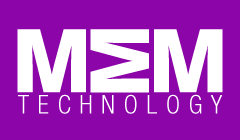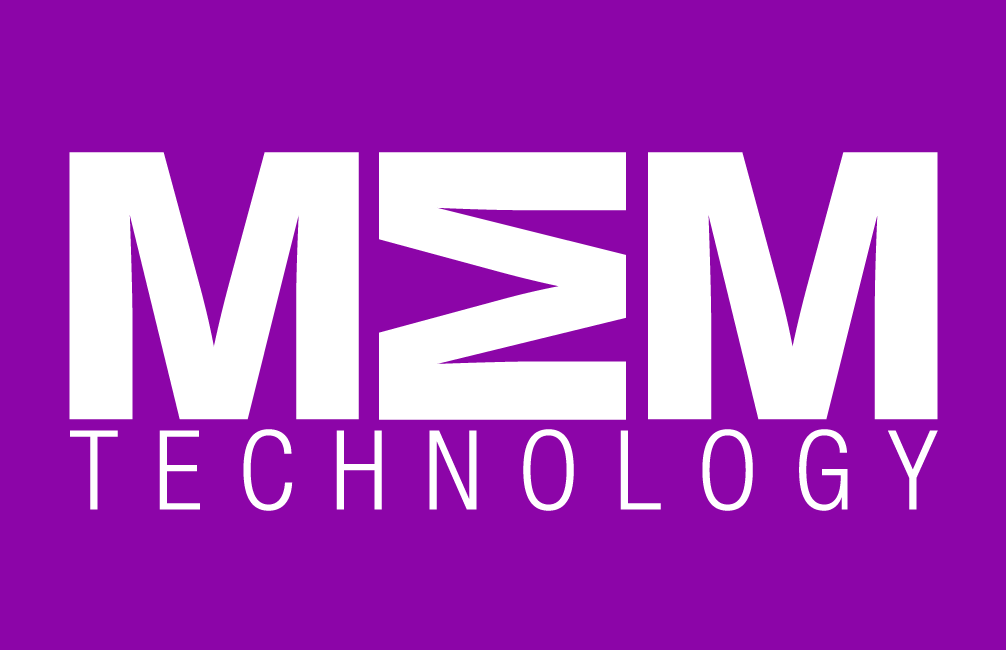In the ever-evolving landscape of technology, startups are continuously seeking innovative ways to gain a competitive edge and establish their presence in the market. One strategy that has gained significant traction over the years is active participation in the world of open-source software. Open-source contributions offer startups a unique pathway to thrive, collaborate, and make a lasting impact. This article delves into the journey of startups within the open-source ecosystem and explores how they can harness its potential for success.
The Essence of Open Source
Open source refers to software that is made available with its source code, allowing anyone to inspect, modify, and distribute it. This collaborative approach to software development has led to the creation of some of the most widely used technologies across the globe. The open-source movement, with its principles of transparency, collaboration, and community-driven development, has created a fertile ground for startups to flourish.
Startups and Open Source: A Symbiotic Relationship
Startups and open source share a symbiotic relationship that can yield numerous benefits for both parties involved. For startups, contributing to open source provides access to a vast pool of resources, expertise, and visibility. Here’s how startups can thrive through open-source contributions:
1. Skill Enhancement and Learning Opportunities
Startups are often faced with resource constraints and a need to deliver quality products quickly. By contributing to open source, startups’ teams can enhance their skills by working on real-world projects. The exposure to diverse challenges and collaborative problem-solving within the open-source community fosters continuous learning and growth.
2. Building a Reputation and Credibility
In the competitive startup landscape, credibility is a valuable currency. Actively participating in open source allows startups to showcase their technical prowess, commitment to quality, and dedication to community-driven initiatives. These contributions become a testament to the startup’s capabilities and can attract the attention of potential investors, partners, and customers.
3. Access to Top Talent
Open source communities are often a breeding ground for top-tier talent. By actively participating, startups can network with skilled developers, designers, and project managers who share their passion for technology. These connections can lead to collaborations, partnerships, and even recruitment opportunities that can propel the startup forward. When your startup is ready to harness the expertise of such talent, consider exploring the diverse pool of developers available at Lemon.io.
4. Innovation and Problem Solving
Open-source projects are dynamic ecosystems where innovative ideas emerge and evolve. Startups can tap into this innovation by contributing solutions to challenges faced by open-source projects. In return, startups gain exposure to novel ideas and methodologies that can be applied to their own products, driving innovation within their organization.
5. Creating a Supportive Ecosystem
Startups can be at the forefront of nurturing a supportive ecosystem by contributing tools, libraries, and frameworks that benefit the wider tech community. This gesture not only aids other developers but also positions the startup as a player committed to the betterment of the industry.
6. Marketing and Brand Exposure
Open-source contributions offer startups an organic way to market their products and services. Each contribution, whether it’s a bug fix, feature enhancement, or a new library, serves as a showcase of the startup’s expertise. Users of the open-source project become potential customers, aware of the startup’s capabilities and offerings.
Navigating the Open-Source Odyssey
While the benefits of engaging with open source are compelling, startups need a well-defined strategy to navigate this odyssey effectively. Here’s a roadmap to guide startups on their open-source journey:
1. Identify Relevant Projects
Startups should identify open-source projects that align with their domain, expertise, and business goals. Contributing to projects that resonate with their mission ensures that their efforts are both meaningful and impactful.
2. Begin with Small Steps
Contributing to open source doesn’t require monumental efforts from the start. Startups can begin with small contributions, such as documentation improvements or fixing minor bugs. These initial steps allow teams to familiarize themselves with the community’s processes and dynamics.
3. Collaborate and Communicate
Open source is built on collaboration and effective communication. Startups should actively engage with the project’s community, seek guidance, and express their intentions to contribute. This collaborative approach fosters a sense of belonging and establishes the startup’s presence within the community.
4. Allocate Resources Wisely
Contributing to open source requires a dedicated allocation of resources, including time and talent. Startups should allocate resources strategically, balancing their open-source endeavors with their primary product development.
5. Promote Transparency and Giving Back
In the spirit of open source, startups should strive for transparency in their contributions. This includes sharing their improvements, modifications, and extensions with the community. By giving back, startups contribute to the collective growth and sustainability of the project.
6. Measure Impact and Iterate
Startups should measure the impact of their open-source contributions. This can include tracking user engagement, community recognition, and improvements to the project. Based on these insights, startups can iterate on their strategy and refine their contributions over time.
Success Stories: Startups that Embraced Open Source
Numerous startups have embraced open source and reaped substantial rewards. One such example is MongoDB, which offers an open-source NoSQL database that gained widespread adoption. MongoDB’s open-source model not only accelerated its growth but also cultivated a community of developers who contributed to its success.
Another notable example is Docker, a platform for developing, shipping, and running applications. Docker’s open-source approach enabled developers to collaborate on container technology, revolutionizing the way applications are deployed and managed.
Conclusion
The open-source ecosystem offers startups a remarkable avenue for growth, innovation, and collaboration. By actively participating in open-source projects, startups can enhance their skills, establish credibility, and make valuable connections within the tech community. Navigating this open-source odyssey requires a well-crafted strategy, commitment to collaboration, and a passion for giving back. As startups continue to thrive through open-source contributions, they not only shape the future of technology but also cement their own place in it.
Manufacturing & Engineering Magazine | The Home of Manufacturing Industry News















